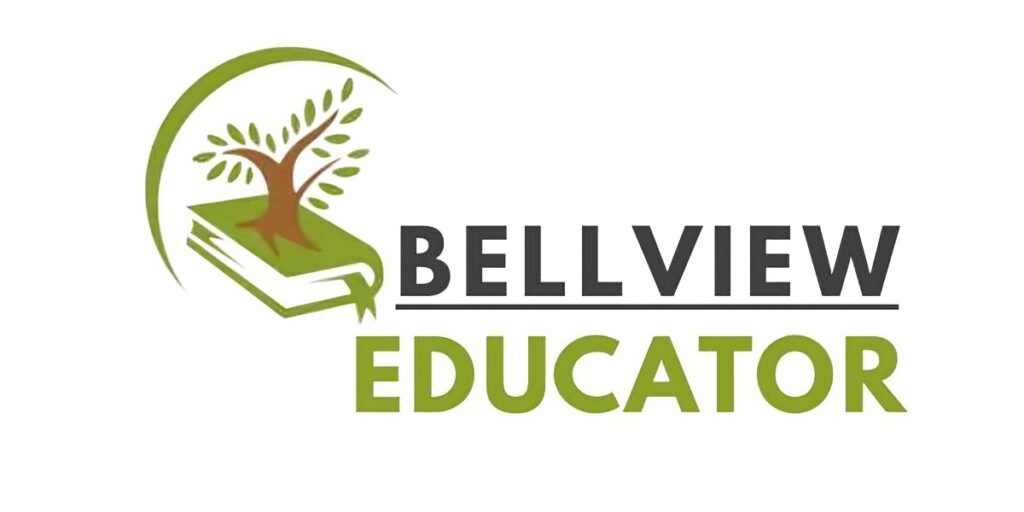Choosing to study abroad is a major milestone—but choosing the wrong country or course can turn that dream into disappointment. Many Indian students follow the crowd, pick destinations because of friends, or choose courses without understanding long-term job scope or visa policies. The result? Financial loss, poor job prospects, or even the need to start over.
This blog will guide you step-by-step on how to choose the right country and course that align with your personal goals and career vision.
✅ Why This Step Matters
Selecting the right country and course isn’t just about academics—it directly affects your career opportunities, lifestyle, PR chances, and financial return on investment. It’s not about what’s popular; it’s about what’s right for you.
🔍 Step 1: Know Your Career Goal
Before anything, get clarity on what you want to become:
- Do you want a technical career (e.g. IT, Data Science, Engineering)?
- Are you aiming for creative industries (e.g. Fashion, Design, Filmmaking)?
- Or do you prefer research/academia, business, or healthcare?
Define your 3–5 year plan. This makes it easier to choose a course that leads to real job outcomes.
🌍 Step 2: Shortlist Countries Based on Long-Term Value
Not all study destinations are the same. Consider:
- Visa success rate for Indian students
- Post-study work visa duration
- Job market in your field
- Path to PR (Permanent Residency)
- Cost of living + Tuition fees
Example Breakdown:
| Country | Post-Study Work Visa | PR Opportunity | Popular Courses |
|---|---|---|---|
| Canada | Up to 3 years | High | Tech, Healthcare, Business |
| UK | 2 years | Medium | Finance, Law, Arts |
| Germany | 1.5 years | High | Engineering, Robotics |
| Australia | Up to 4 years | High | Nursing, Management |
| USA | OPT (1–3 years) | Complex | STEM, MBA, Research |
🎓 Step 3: Match the Course With Job Demand
Don’t choose a course just because it sounds interesting—research the job scope in your destination country.
- Use LinkedIn Jobs, Glassdoor, or government sites to see demand in that field.
- Check average salary packages and growth potential.
- Look into internship and co-op programs offered by universities.
Hot Courses in 2025–26 for Indian Students:
- AI & Machine Learning
- Cybersecurity
- Data Analytics
- Healthcare Management
- UX/UI Design
- Finance & Investment
- Digital Marketing
- Sustainable Development
🏫 Step 4: Select Universities Based on Value, Not Just Ranking
A high-ranking university doesn’t always mean better ROI. Look for:
- Graduate employment rates
- Quality of industry tie-ups and placements
- Scholarship opportunities
- Alumni network and internship support
- Accreditation (especially for technical/professional programs)
Pro Tip: A mid-ranked university with strong job placement is better than a top-ranked one with no real-world industry exposure.
💸 Step 5: Budget Compatibility
Every country has a different financial ecosystem. Be realistic:
- Calculate total cost of study (tuition + living expenses)
- Add visa fee, travel, health insurance, and emergency buffer
- Check scholarships, part-time work policies, and internship stipends
✅ Final Thoughts
Your country and course choice will define your next 5–10 years. Don’t follow the crowd—follow your career map. Do deep research, consult trusted advisors, and prioritize long-term stability over short-term trends.
🧭 Need Personalized Guidance?
At Bellview Educator, we help students match their career goals with the right study destination and course—so you don’t waste time or money on the wrong path.
📍 Visit our office in Koramangala, Bengaluru
📞 Call us: +91 9741787521
📩 Email: info@bellvieweducator.com
📌 Next Blog in This Series:
Part 3: Why Your SOP Can Make or Break Your Study Abroad Dream – And How to Write It Right








